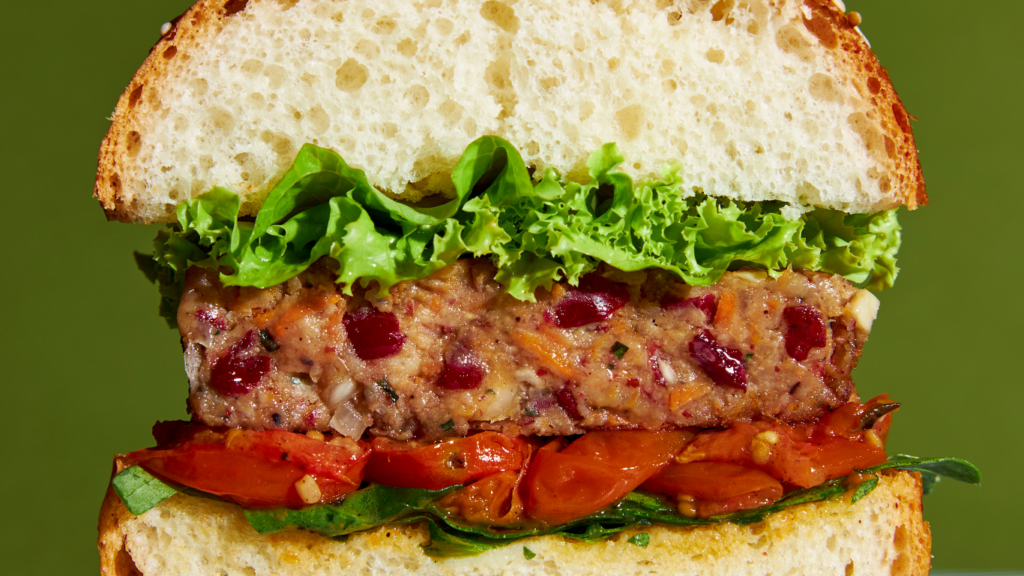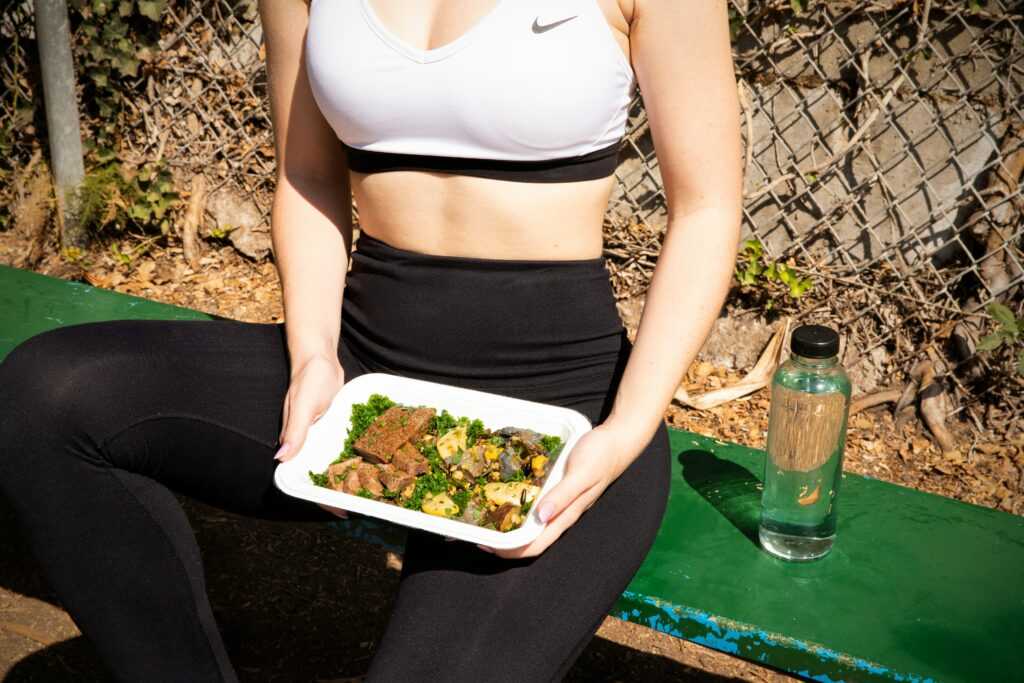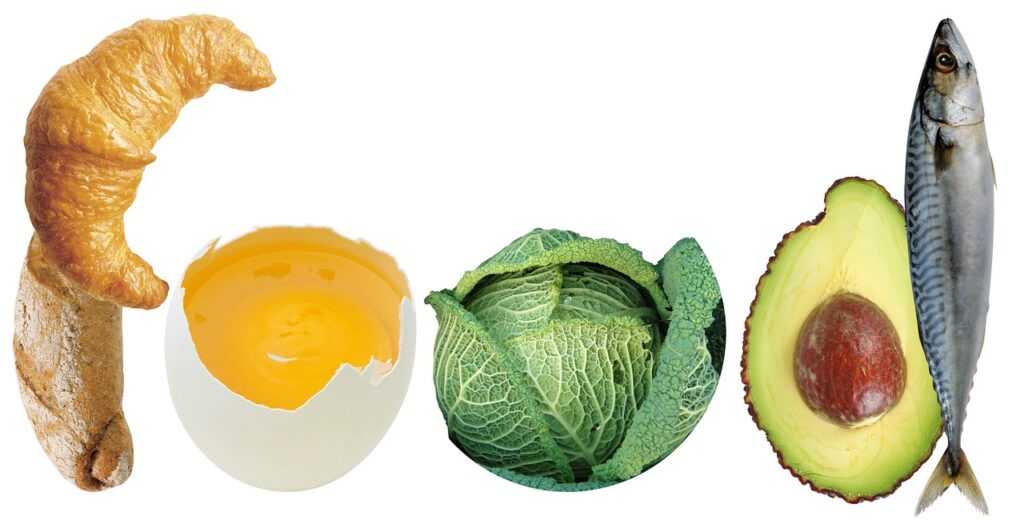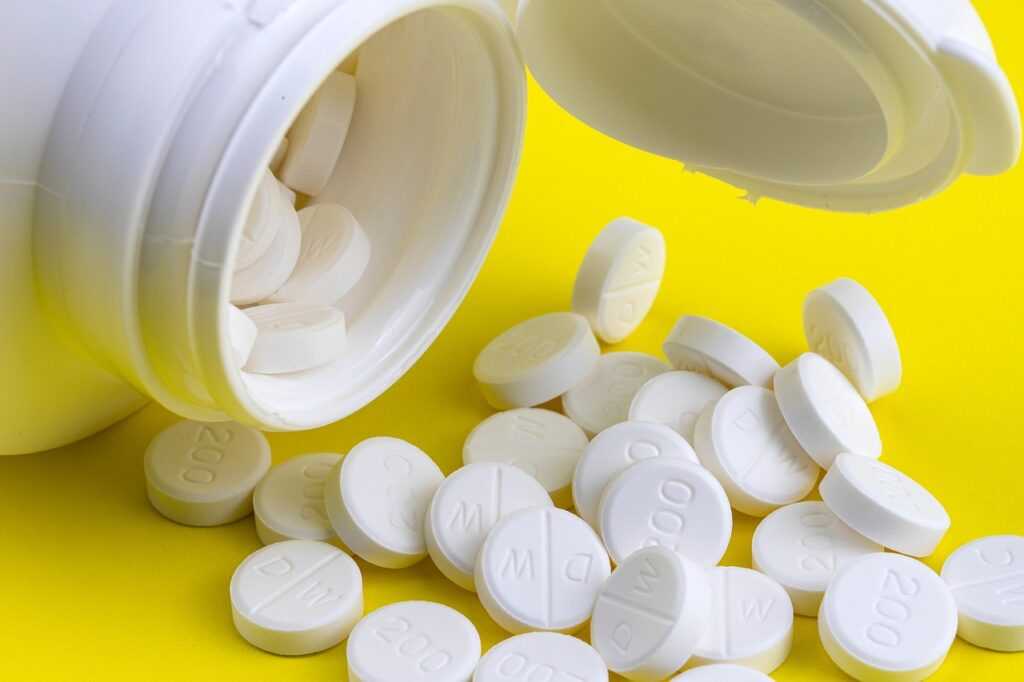As an athlete, fueling your body with the right nutrients is crucial for optimal performance. Plant-based nutrition offers a wealth of benefits for athletes, from improved recovery to enhanced endurance. In this article, I’ll guide you through the essentials of plant-based eating to ensure you’re getting all the nutrients you need to excel in your sport.
Whether you’re a seasoned athlete or just starting out, understanding how to meet your nutritional requirements on a plant-based diet is key to reaching your fitness goals. With a focus on whole foods like fruits, vegetables, nuts, and legumes, plant-based nutrition can provide the energy and nutrients necessary for peak athletic performance. Join me as we explore the world of plant-based eating for athletes and discover how to optimize your diet for success.
Benefits of Plant-Based Nutrition for Athletes
Switching to a plant-based diet can offer numerous advantages for athletes like me. Here are some key benefits of plant-based nutrition tailored to support my athletic performance:
- Enhanced Recovery: Plant-based foods are rich in antioxidants and anti-inflammatory properties, aiding in quicker recovery post-workout sessions.
- Improved Endurance: Consuming plant-based foods fuels me with complex carbohydrates, providing sustained energy levels crucial for endurance activities like long-distance running or cycling.
- Better Digestion: Plant-based diets are typically high in fiber, supporting healthy digestion and regular bowel movements, essential for overall well-being.
- Lower Inflammation: By reducing the intake of inflammatory foods found in animal products, plant-based nutrition can help lower inflammation levels in the body, promoting faster recovery and reducing the risk of injuries.
- Weight Management: Plant-based diets are often associated with lower calorie density, making it easier for athletes to manage their weight without sacrificing on essential nutrients.
- Environmental Sustainability: Opting for plant-based nutrition is not only beneficial for my health but also contributes to environmental sustainability by reducing the carbon footprint associated with animal agriculture.
These benefits highlight why plant-based nutrition can be a game-changer for athletes looking to optimize their performance and overall health. By incorporating a variety of plant foods into my daily meals, I can ensure that I am fueling my body with the right nutrients to excel in my sport.
Essential Nutrients for Plant-Based Athletes
When it comes to plant-based nutrition for athletes, ensuring adequate intake of essential nutrients is key to supporting performance and overall health. Let’s explore some vital nutrients that plant-based athletes should focus on incorporating into their diets.
Protein Sources
As a plant-based athlete, it’s essential to include a variety of protein sources in your meals to support muscle repair and growth. Opt for plant-based proteins such as lentils, chickpeas, tofu, tempeh, quinoa, and edamame. These sources offer a complete amino acid profile necessary for optimal performance.
Iron-Rich Foods
Iron is crucial for athletes as it helps transport oxygen to muscles, supporting energy levels and endurance. Plant-based sources of iron include lentils, spinach, tofu, pumpkin seeds, quinoa, and fortified cereals. Combining these foods with vitamin C-rich options like bell peppers, strawberries, or citrus fruits can enhance iron absorption.
Vitamin B12 Supplements
Since vitamin B12 is mainly found in animal products, plant-based athletes should consider taking a B12 supplement to prevent deficiency. B12 is essential for red blood cell production and nerve function. Look for fortified plant-based milks, nutritional yeast, or B12 supplements to meet your daily requirements.
Meal Planning Tips for Plant-Based Athletes
When it comes to optimizing my plant-based diet for athletic performance, meal planning plays a crucial role. Planning my meals in advance ensures that I get the right balance of nutrients to support my training and recovery needs. Here are some effective meal planning tips for plant-based athletes like me:
Include a Variety of Plant-Based Protein Sources
In my meal planning, I make sure to incorporate a variety of plant-based protein sources such as lentils, chickpeas, tofu, quinoa, and edamame. These protein sources are essential for muscle repair and growth, providing me with the amino acids needed to support my active lifestyle.
Opt for Whole Food Carbohydrates
Carbohydrates are a vital source of energy for athletes, and as a plant-based athlete, I focus on consuming whole food carbohydrates like sweet potatoes, brown rice, oats, and fruits. These complex carbohydrates provide sustained energy for my workouts and help replenish glycogen stores post-exercise.
Prioritize Leafy Greens and Iron-Rich Foods
To ensure optimal oxygen transport to my muscles and maintain energy levels, I include plenty of leafy greens like spinach, kale, and Swiss chard in my meals. Additionally, incorporating iron-rich plant foods such as lentils, pumpkin seeds, and quinoa helps prevent anemia and supports overall performance.
Don’t Forget Healthy Fats
Healthy fats are crucial for hormone production and nutrient absorption. In my meal planning, I incorporate sources of healthy fats like avocados, nuts, seeds, and olive oil to support joint health, reduce inflammation, and aid in vitamin absorption.
Plan Balanced Meals and Snacks
Balancing macronutrients in each meal is key to meeting my energy needs and promoting muscle recovery. I plan meals that include a combination of proteins, carbohydrates, and fats, and I always have nutrient-dense snacks like nuts, fruit, or homemade energy bars on hand for quick fuel between workouts.
Stay Hydrated and Include Electrolyte-Rich Foods
Proper hydration is essential for athletic performance, so I make sure to drink an adequate amount of water throughout the day. I include electrolyte-rich foods like coconut water, bananas, and leafy greens to maintain electrolyte balance and prevent dehydration during intense training sessions.
By following these meal planning tips tailored to plant-based athletes, I can optimize my nutrient intake, support my athletic performance, and enhance my overall well-being. Planning my meals mindfully ensures that I have the energy and nutrients necessary to thrive in my training and competitions.
Performance and Recovery Strategies
Incorporating effective performance and recovery strategies is crucial for maximizing athletic potential as a plant-based athlete.
- Prioritize Post-Workout Nutrition: After intense workouts, refueling with a combination of carbohydrates and protein is essential for muscle recovery and growth. Opt for plant-based protein sources like legumes, tofu, tempeh, or plant-based protein shakes combined with whole food carbohydrates such as quinoa, sweet potatoes, or fruits to replenish glycogen stores and support muscle repair.
- Hydration and Electrolyte Balance: Staying hydrated is key to maintaining optimal performance. As a plant-based athlete, ensure you drink an adequate amount of water throughout the day. Including electrolyte-rich foods like coconut water, bananas, or leafy greens can help maintain electrolyte balance, especially during intense training sessions.
- Rest and Recovery: Adequate rest is as vital as training itself. Make sure to prioritize sleep to support muscle recovery and overall performance. Quality sleep allows for hormone regulation, immune function, and muscle repair, aiding in better athletic outcomes.
- Mindful Stretching and Mobility Work: Incorporating stretching and mobility exercises into your routine enhances flexibility, reduces the risk of injuries, and improves overall performance. Consider activities like yoga or Pilates to strengthen core muscles, improve balance, and increase range of motion.
By integrating these performance and recovery strategies into your regimen, you can optimize your athletic performance, support muscle recovery, and achieve your fitness goals as a plant-based athlete.

Joy Herrera
About the author:
Joy Herrera seamlessly combines his passion for health and wellness with his role at My Nutritional Balance Guide, where he is both a dedicated advocate and a prominent content creator. Learn more




